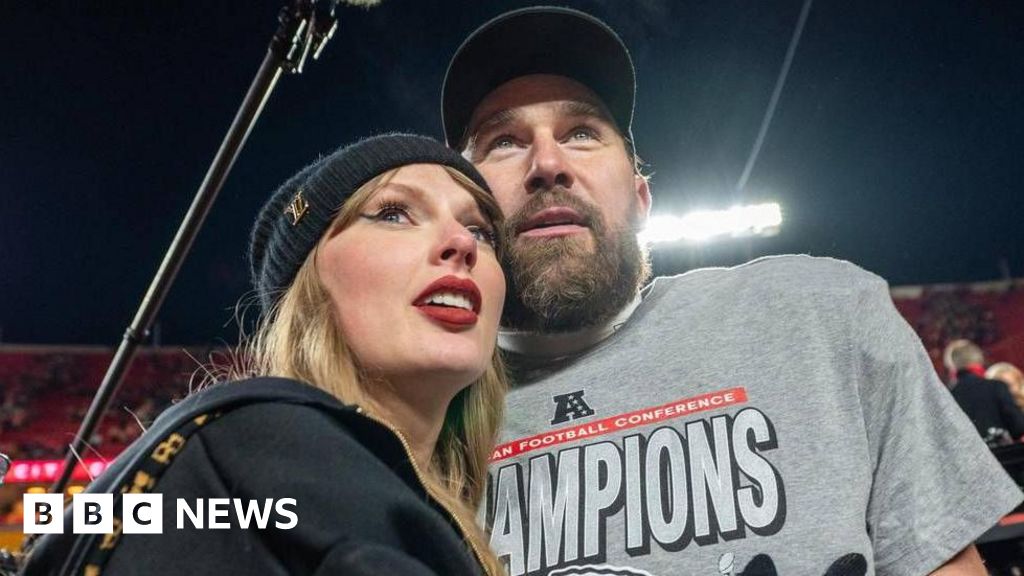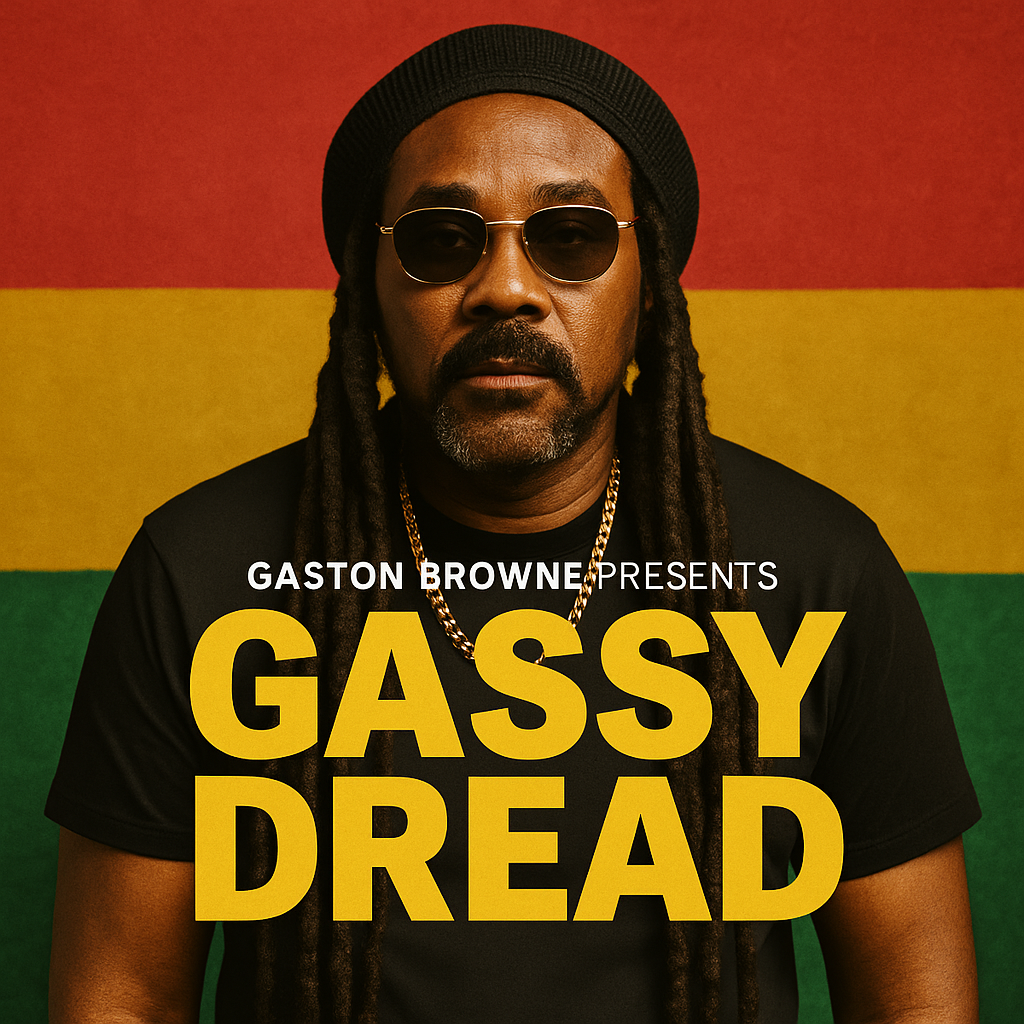The Eurovision Song Contest, viewed by around 163 million people last year, inspires a multitude of opinions on what constitutes an ideal performance. Contestants face a dilemma: should they choose a heartfelt ballad that evokes deep emotions or a fun, flashy spectacle that captivates audiences with extravagant staging?
Joe Bennett, a forensic musicologist at Boston's Berklee College, has dissected numerous Eurovision entries, revealing two prominent styles: the "Euro-banger," characterized by upbeat tempos and synthetic sounds, and slower ballads that focus on emotional storytelling. Noteworthy examples include Sweden's victorious entries "Euphoria" and "Heroes," compared to Portugal's "Amar Pelos Dois" and the Netherlands' "Arcade."
In a genre often stereotyped as revolving around love and peace, Bennett's analysis identifies six general themes prevalent in Eurovision: love, unity, self-assertion, partying, history, and music. He emphasizes that songs projecting self-empowerment, like Conchita Wurst's "Rise Like a Phoenix," resonate strongly with audiences.
Staging also plays a critical role in Eurovision success. Thomas Stengaard, who co-wrote Denmark's 2013 winning song "Only Teardrops," credits its easy-to-remember setup for influencing votes. Vocal coach Carrie Grant concurs, noting that simple yet effective stages often enhance performances. She points out that Conchita's unique presentation was bolstered by her exceptional vocal abilities, showcasing individuality while appealing to the audience.
The key signature of a song also matters, with Bennett noting a notable shift towards minor keys in recent years. An impressive 85% of last year’s finalists were in minor keys, creating a perception of emotional depth among listeners. In contrast, the major-key song "What the Hell Just Happened," this year’s UK entry by Remember Monday, aims to stand out for its rarity.
Surprises and twists can solidify a song's appeal, with memorable elements ensuring they stick in the listener's mind. Margulis highlights how a notable change—musical or visual—can serve as a hook. Classic examples include Bucks Fizz's iconic performance featuring a costume reveal that emphasized both the song and the visual spectacle.
In conclusion, capturing the essence of Eurovision involves blending memorable melodies, emotional narratives, and eye-catching performances. As artists prepare for the upcoming contest, these insights could illuminate the path to victory, ensuring their efforts resonate with both the judges and audiences alike.






















